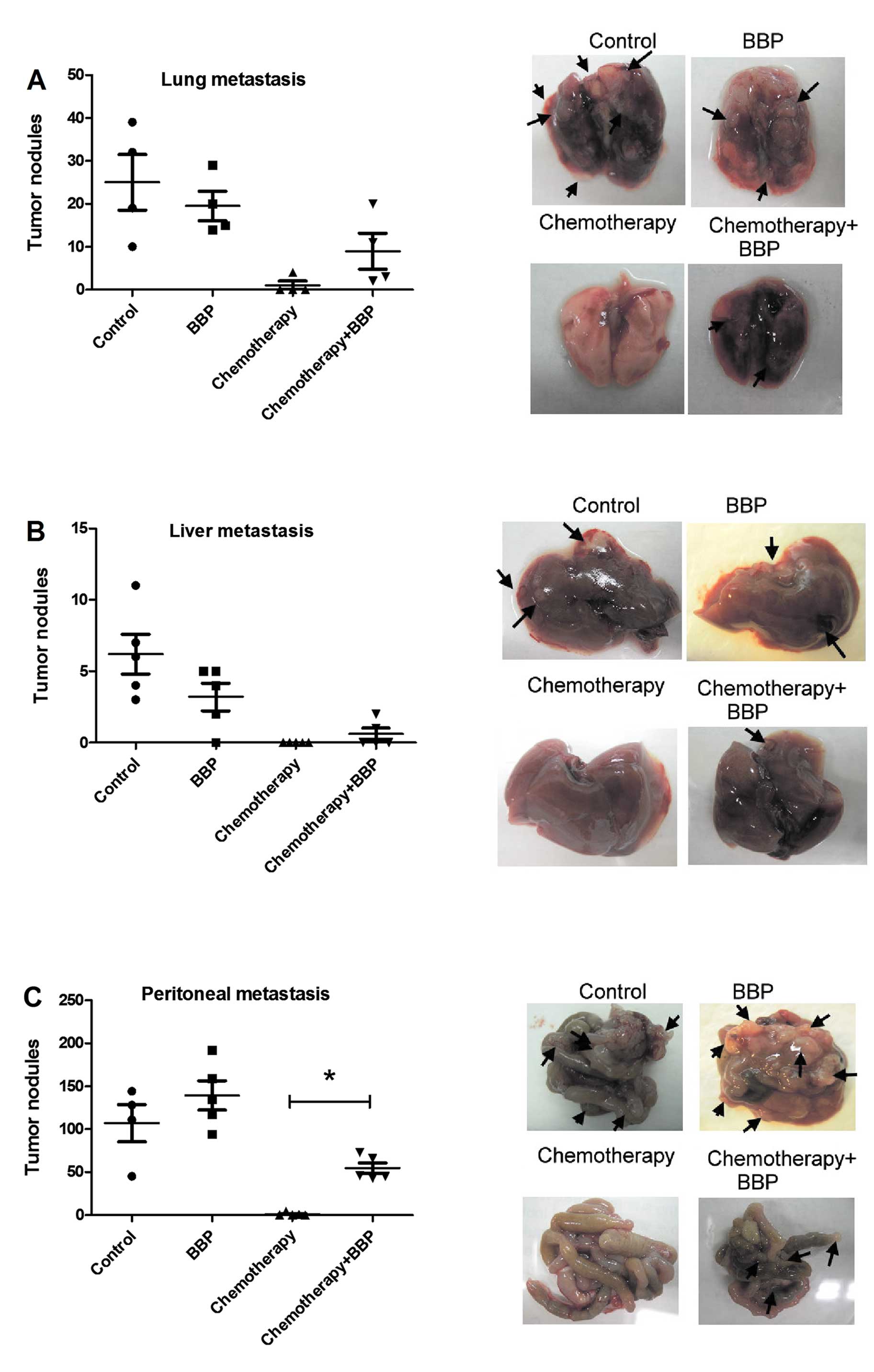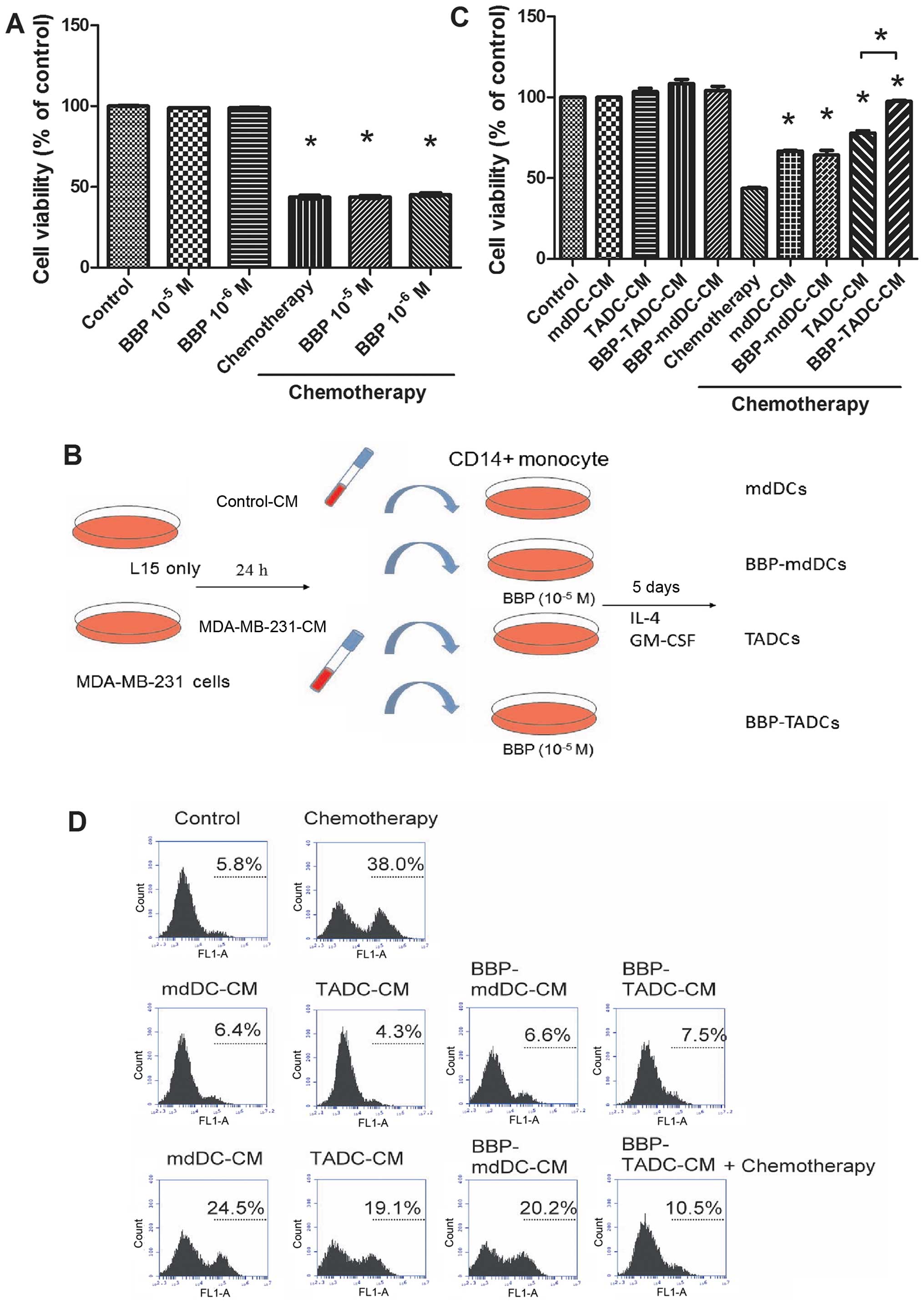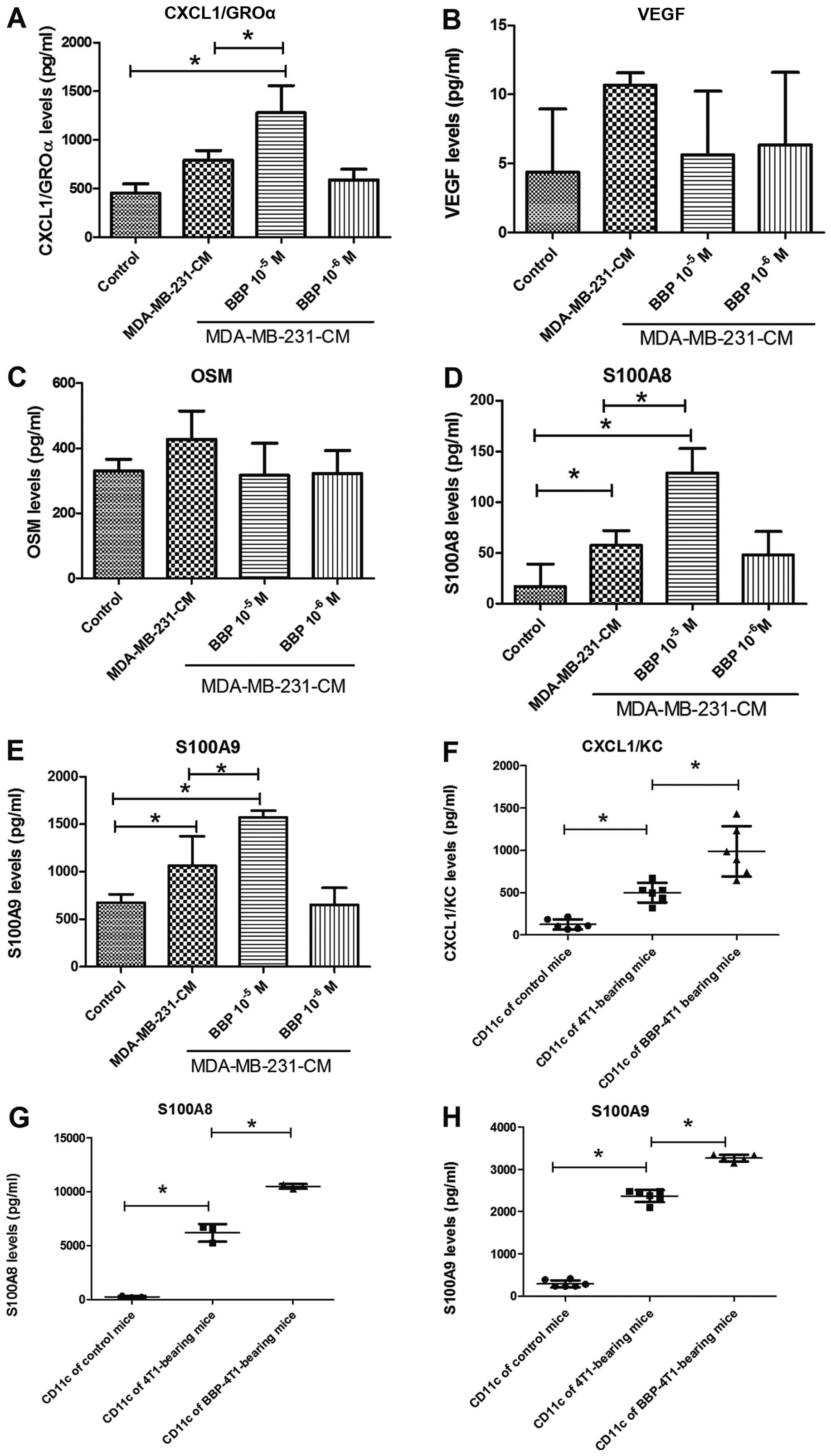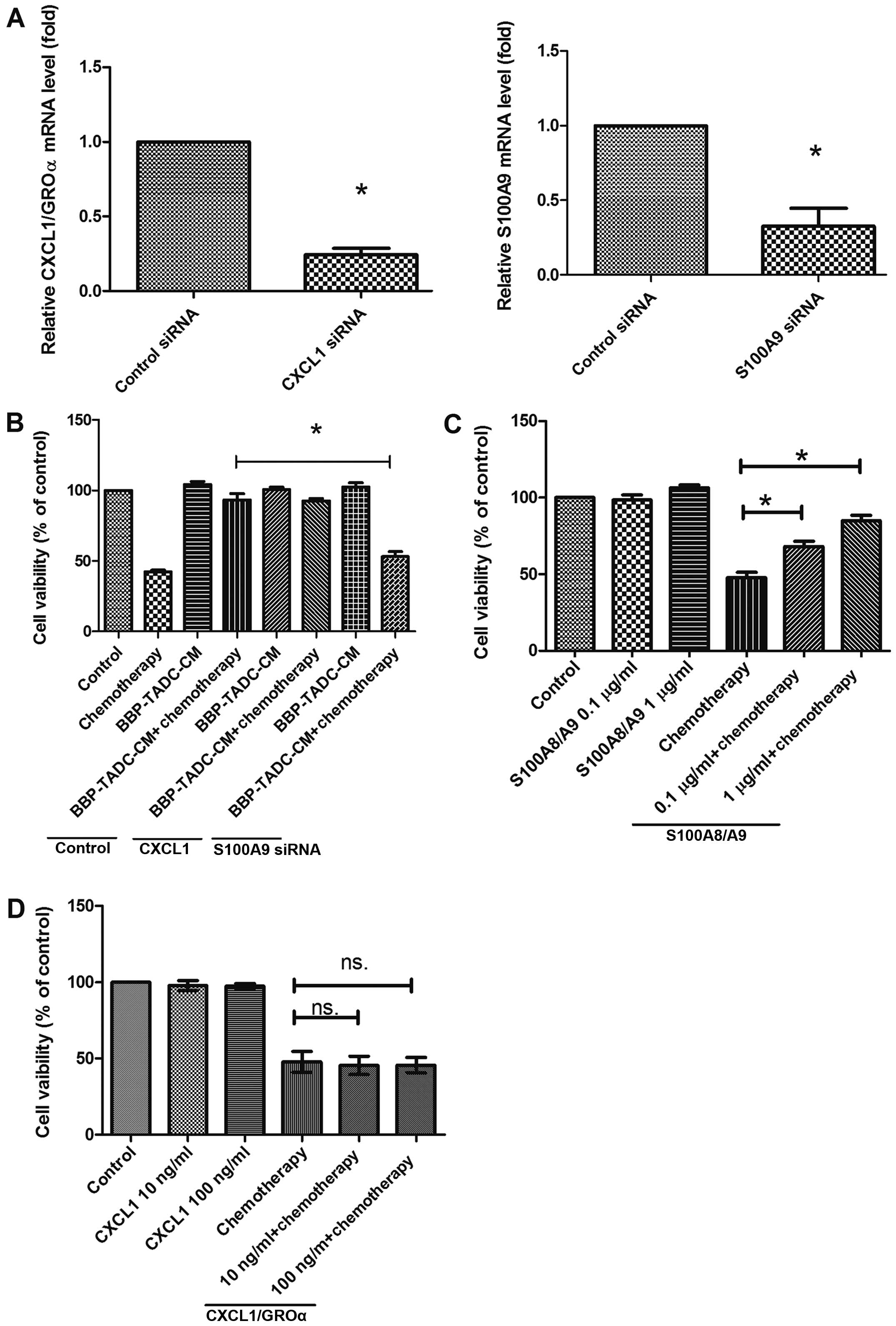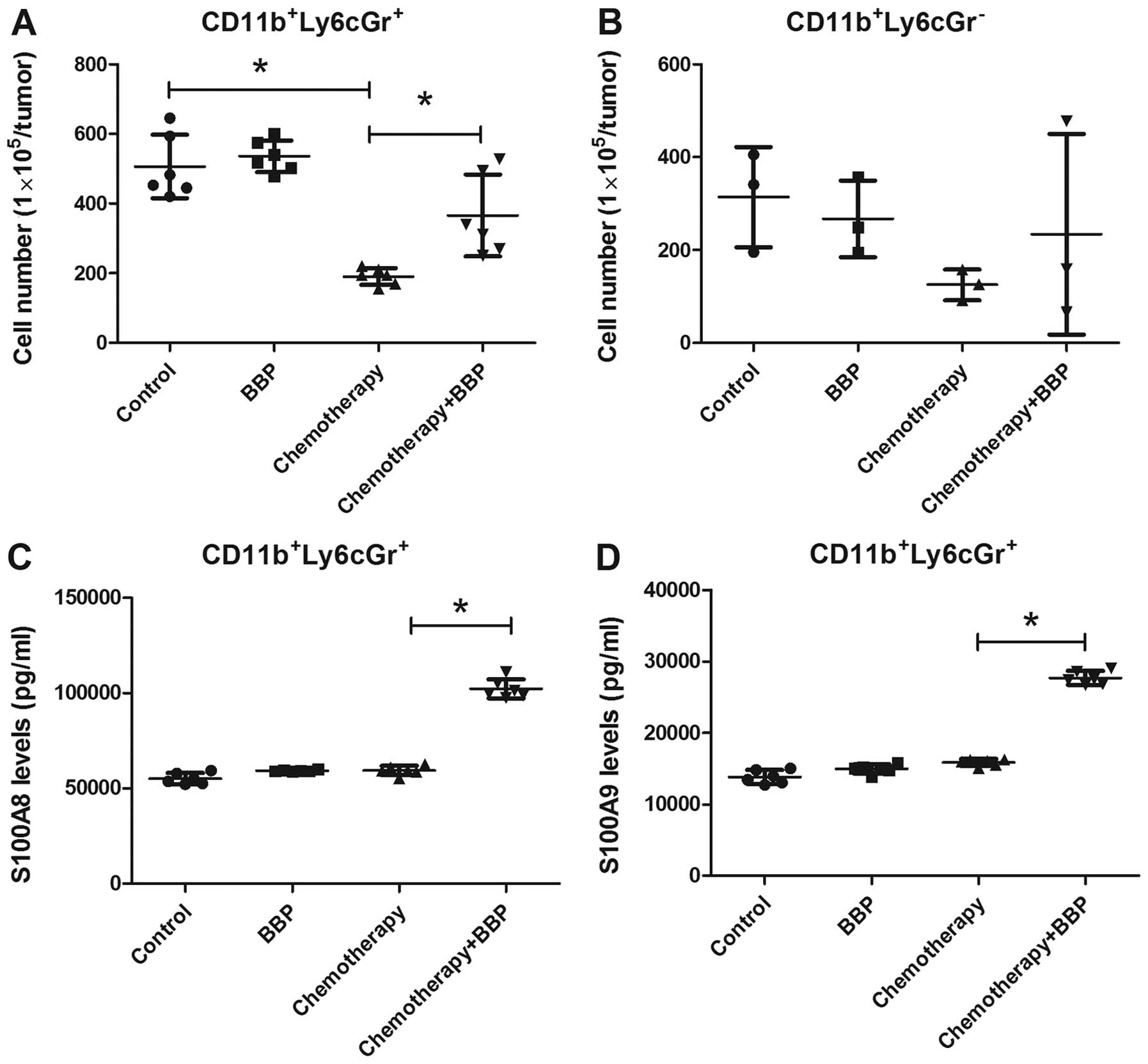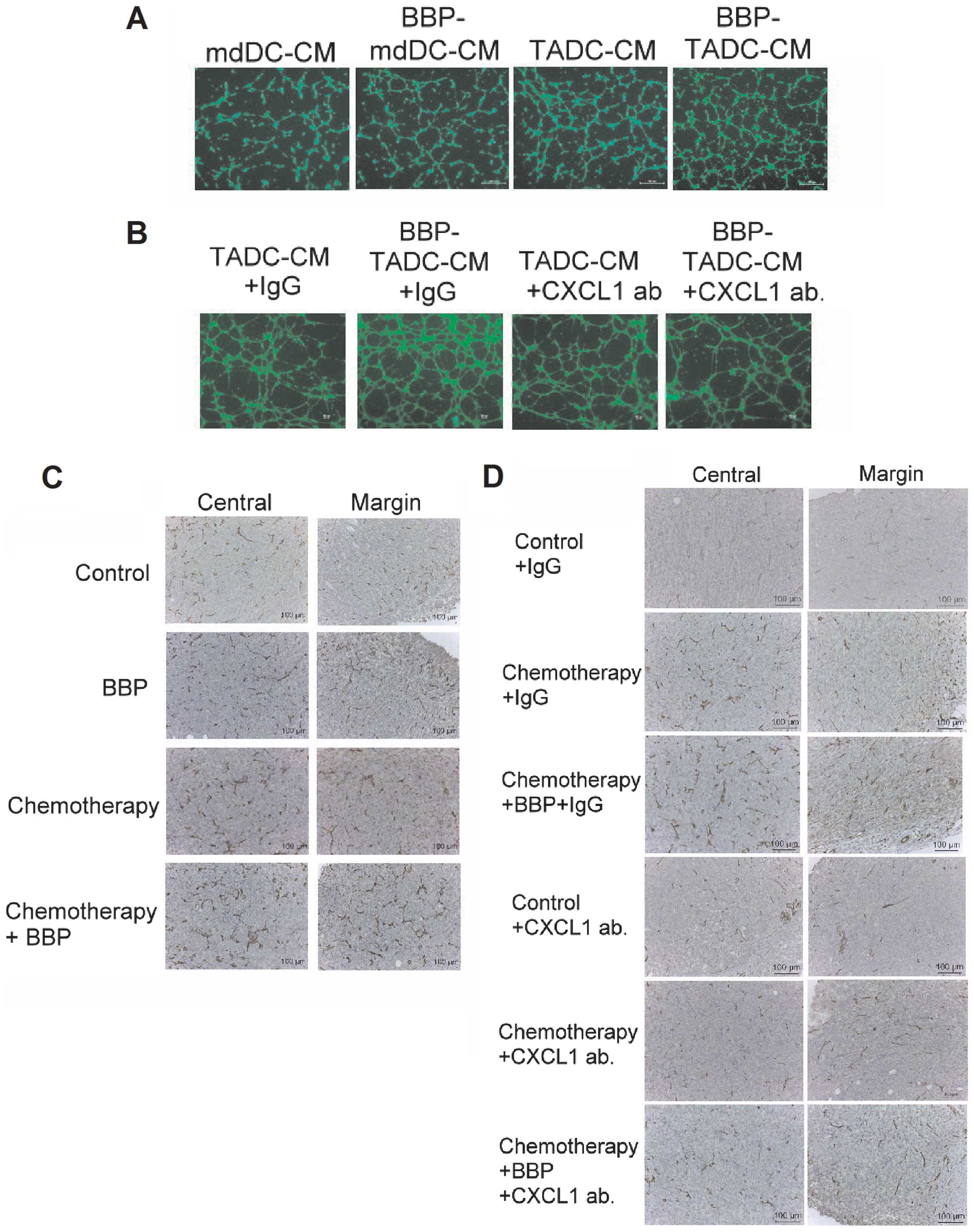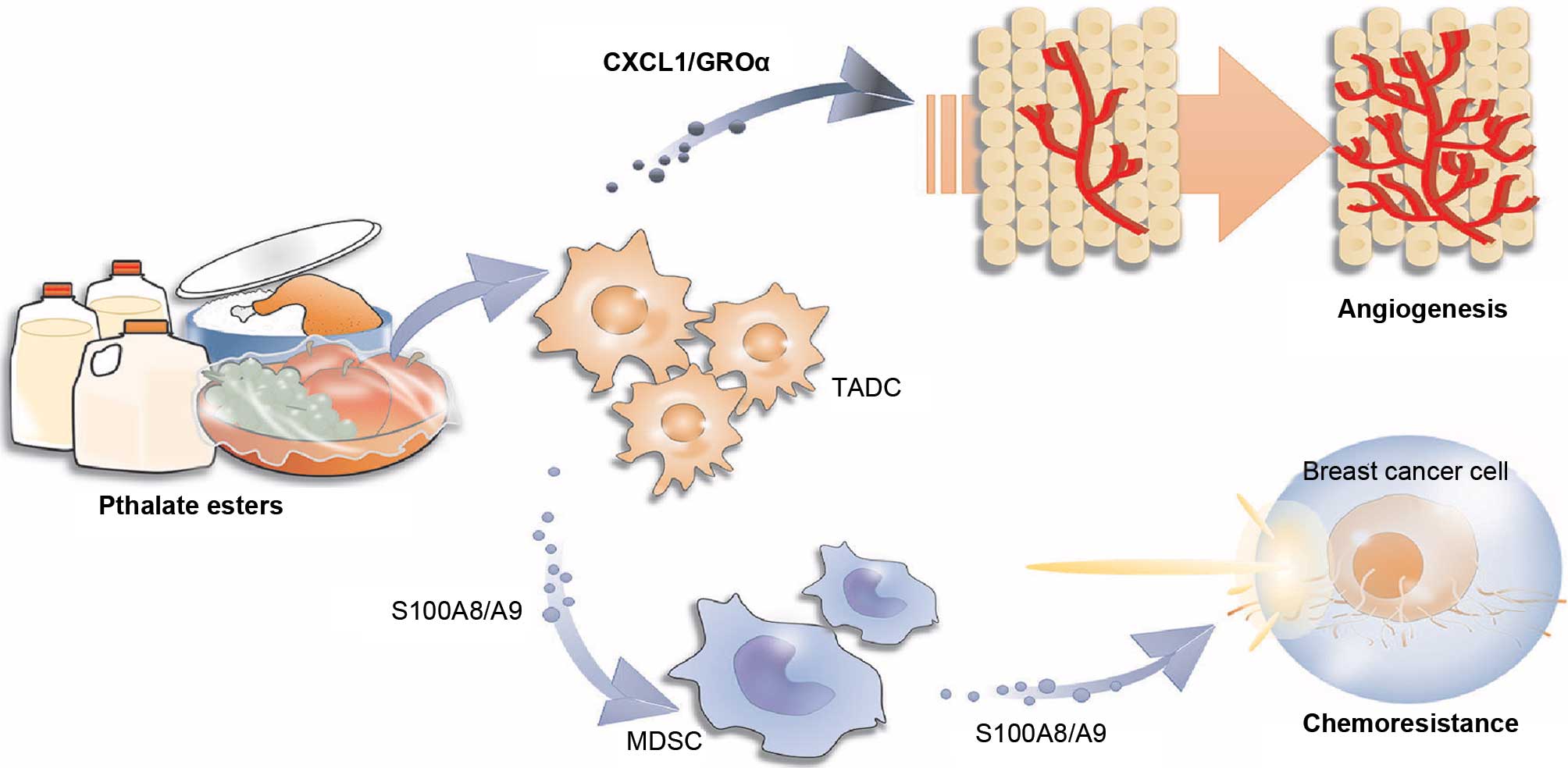|
1
|
Cirillo T, Fasano E, Castaldi E, Montuori
P and Amodio Cocchieri R: Children's exposure to Di(2-ethylhexyl)
phthalate and dibutylphthalate plasticizers from school meals. J
Agric Food Chem. 59:10532–10538. 2011. View Article : Google Scholar : PubMed/NCBI
|
|
2
|
Casajuana N and Lacorte S: New methodology
for the determination of phthalate esters, bisphenol A, bisphenol A
diglycidyl ether, and nonylphenol in commercial whole milk samples.
J Agric Food Chem. 52:3702–3707. 2004. View Article : Google Scholar : PubMed/NCBI
|
|
3
|
Wu Z, Zhang X, Wu X, Shen G, Du Q and Mo
C: Uptake of di(2-ethylhexyl) phthalate (DEHP) by the plant
Benincasa hispida and its use for lowering DEHP content of
intercropped vegetables. J Agric Food Chem. 61:5220–5225. 2013.
View Article : Google Scholar : PubMed/NCBI
|
|
4
|
Liu Y, Wang S and Wang L: Development of
rapid determination of 18 phthalate esters in edible vegetable oils
by gas chromatography tandem mass spectrometry. J Agric Food Chem.
61:1160–1164. 2013. View Article : Google Scholar : PubMed/NCBI
|
|
5
|
Yan H, Cheng X and Yang G: Dummy
molecularly imprinted solid-phase extraction for selective
determination of five phthalate esters in plastic bottled
functional beverages. J Agric Food Chem. 60:5524–5531. 2012.
View Article : Google Scholar : PubMed/NCBI
|
|
6
|
Sun H, Yang Y, Li H, Zhang J and Sun N:
Development of multi-residue analysis for twenty phthalate esters
in edible vegetable oils by microwave-assisted extraction-gel
permeation chromatography-solid phase extraction-gas
chromatography-tandem mass spectrometry. J Agric Food Chem.
60:5532–5539. 2012. View Article : Google Scholar : PubMed/NCBI
|
|
7
|
Fu X and Du Q: Uptake of di-(2-ethylhexyl)
phthalate of vegetables from plastic film greenhouses. J Agric Food
Chem. 59:11585–11588. 2011. View Article : Google Scholar : PubMed/NCBI
|
|
8
|
Guo Y, Zhang Z, Liu L, Li Y, Ren N and
Kannan K: Occurrence and profiles of phthalates in foodstuffs from
China and their implications for human exposure. J Agric Food Chem.
60:6913–6919. 2012. View Article : Google Scholar : PubMed/NCBI
|
|
9
|
Cirillo T, Latini G, Castaldi MA, Dipaola
L, Fasano E, Esposito F, Scognamiglio G, Francesco FD and Cobellis
L: Exposure to di-2-ethylhexyl phthalate, di-n-butyl phthalate and
bisphenol A through infant formulas. J Agric Food Chem.
63:3303–3310. 2015. View Article : Google Scholar : PubMed/NCBI
|
|
10
|
Gaspar FW, Castorina R, Maddalena RL,
Nishioka MG, McKone TE and Bradman A: Phthalate exposure and risk
assessment in California child care facilities. Environ Sci
Technol. 48:7593–7601. 2014. View Article : Google Scholar : PubMed/NCBI
|
|
11
|
Hsieh TH, Tsai CF, Hsu CY, Kuo PL, Lee Jn,
Chai CY, Wang SC and Tsai EM: Phthalates induce proliferation and
invasiveness of estrogen receptor-negative breast cancer through
the AhR/HDAC6/c-Myc signaling pathway. FASEB J. 26:778–787. 2012.
View Article : Google Scholar
|
|
12
|
Carran M and Shaw IC: New Zealand Malayan
war veterans' exposure to dibutylphthalate is associated with an
increased incidence of cryptorchidism, hypospadias and breast
cancer in their children. NZ Med J. 125:52–63. 2012.
|
|
13
|
Fernandez SV and Russo J: Estrogen and
xenoestrogens in breast cancer. Toxicol Pathol. 38:110–122. 2010.
View Article : Google Scholar :
|
|
14
|
Chen FP and Chien MH: Lower concentrations
of phthalates induce proliferation in human breast cancer cells.
Climacteric. 17:377–384. 2014. View Article : Google Scholar
|
|
15
|
Hsieh TH, Tsai CF, Hsu CY, Kuo PL, Hsi E,
Suen JL, Hung CH, Lee JN, Chai CY, Wang SC, et al: n-Butyl benzyl
phthalate promotes breast cancer progression by inducing expression
of lymphoid enhancer factor 1. PLoS One. 7:e427502012. View Article : Google Scholar : PubMed/NCBI
|
|
16
|
Hsieh TH, Tsai CF, Hsu CY, Kuo PL, Lee JN,
Chai CY, Hou MF, Chang CC, Long CY, Ko YC, et al: Phthalates
stimulate the epithelial to mesenchymal transition through an
HDAC6-dependent mechanism in human breast epithelial stem cells.
Toxicol Sci. 128:365–376. 2012. View Article : Google Scholar : PubMed/NCBI
|
|
17
|
Torre LA, Bray F, Siegel RL, Ferlay J,
Lortet-Tieulent J and Jemal A: Global cancer statistics, 2012. CA
Cancer J Clin. 65:87–108. 2015. View Article : Google Scholar : PubMed/NCBI
|
|
18
|
Ferlay J, Soerjomataram I, Dikshit R, Eser
S, Mathers C, Rebelo M, Parkin DM, Forman D and Bray F: Cancer
incidence and mortality worldwide: Sources, methods and major
patterns in GLOBOCAN 2012. Int J Cancer. 136:E359–E386. 2015.
View Article : Google Scholar
|
|
19
|
Roché H and Vahdat LT: Treatment of
metastatic breast cancer: Second line and beyond. Ann Oncol.
22:1000–1010. 2011. View Article : Google Scholar
|
|
20
|
Hu G, Chong RA, Yang Q, Wei Y, Blanco MA,
Li F, Reiss M, Au JL, Haffty BG and Kang Y: MTDH activation by 8q22
genomic gain promotes chemoresistance and metastasis of
poor-prognosis breast cancer. Cancer Cell. 15:9–20. 2009.
View Article : Google Scholar :
|
|
21
|
Klemm F and Joyce JA: Microenvironmental
regulation of therapeutic response in cancer. Trends Cell Biol.
25:198–213. 2015. View Article : Google Scholar
|
|
22
|
Grivennikov SI, Greten FR and Karin M:
Immunity, inflammation, and cancer. Cell. 140:883–899. 2010.
View Article : Google Scholar : PubMed/NCBI
|
|
23
|
Weizman N, Krelin Y, Shabtay-Orbach A,
Amit M, Binenbaum Y, Wong RJ and Gil Z: Macrophages mediate
gemcitabine resistance of pancreatic adenocarcinoma by upregulating
cytidine deaminase. Oncogene. 33:3812–3819. 2014. View Article : Google Scholar
|
|
24
|
Mitchem JB, Brennan DJ, Knolhoff BL, Belt
BA, Zhu Y, Sanford DE, Belaygorod L, Carpenter D, Collins L,
Piwnica-Worms D, et al: Targeting tumor-infiltrating macro phages
decreases tumor-initiating cells, relieves immunosuppression, and
improves chemotherapeutic responses. Cancer Res. 73:1128–1141.
2013. View Article : Google Scholar :
|
|
25
|
Hsu YL, Hung JY, Tsai YM, Tsai EM, Huang
MS, Hou MF and Kuo PL: 6-shogaol, an active constituent of dietary
ginger, impairs cancer development and lung metastasis by
inhibiting the secretion of CC-chemokine ligand 2 (CCL2) in
tumor-associated dendritic cells. J Agric Food Chem. 63:1730–1738.
2015. View Article : Google Scholar : PubMed/NCBI
|
|
26
|
Kan JY, Wu DC, Yu FJ, Wu CY, Ho YW, Chiu
YJ, Jian SF, Hung JY, Wang JY and Kuo PL: Chemokine (C-C motif)
ligand 5 is involved in tumor-associated dendritic cell-mediated
colon cancer progression through non-coding RNA MALAT-1. J Cell
Physiol. 230:1883–1894. 2015. View Article : Google Scholar
|
|
27
|
Kuo PL, Huang MS, Cheng DE, Hung JY, Yang
CJ and Chou SH: Lung cancer-derived galectin-1 enhances tumorigenic
potentiation of tumor-associated dendritic cells by expressing
heparin-binding EGF-like growth factor. J Biol Chem. 287:9753–9764.
2012. View Article : Google Scholar : PubMed/NCBI
|
|
28
|
Tang XH, Deng S, Li M and Lu MS: The
anti-tumor effect of cross-reacting material 197, an inhibitor of
heparin-binding EGF-like growth factor, in human resistant ovarian
cancer. Biochem Biophys Res Commun. 422:676–680. 2012. View Article : Google Scholar : PubMed/NCBI
|
|
29
|
Qian DZ, Rademacher BL, Pittsenbarger J,
Huang CY, Myrthue A, Higano CS, Garzotto M, Nelson PS and Beer TM:
CCL2 is induced by chemotherapy and protects prostate cancer cells
from docetaxel-induced cytotoxicity. Prostate. 70:433–442.
2010.
|
|
30
|
Lee E, Lee SJ, Koskimaki JE, Han Z, Pandey
NB and Popel AS: Inhibition of breast cancer growth and metastasis
by a biomimetic peptide. Sci Rep. 4:71392014. View Article : Google Scholar : PubMed/NCBI
|
|
31
|
Acharyya S, Oskarsson T, Vanharanta S,
Malladi S, Kim J, Morris PG, Manova-Todorova K, Leversha M, Hogg N,
Seshan VE, et al: A CXCL1 paracrine network links cancer
chemoresistance and metastasis. Cell. 150:165–178. 2012. View Article : Google Scholar : PubMed/NCBI
|
|
32
|
Wang L, Chang EWY, Wong SC, Ong SM, Chong
DQY and Ling KL: Increased myeloid-derived suppressor cells in
gastric cancer correlate with cancer stage and plasma S100A8/A9
proinflammatory proteins. J Immunol. 190:794–804. 2013. View Article : Google Scholar
|
|
33
|
Miyake M, Goodison S, Urquidi V, Gomes
Giacoia E and Rosser CJ: Expression of CXCL1 in human endothelial
cells induces angiogenesis through the CXCR2 receptor and the
ERK1/2 and EGF pathways. Lab Invest. 93:768–778. 2013. View Article : Google Scholar : PubMed/NCBI
|
|
34
|
Palucka K, Coussens LM and O'Shaughnessy
J: Dendritic cells, inflammation, and breast cancer. Cancer J.
19:511–516. 2013. View Article : Google Scholar : PubMed/NCBI
|
|
35
|
Coussens LM, Zitvogel L and Palucka AK:
Neutralizing tumor-promoting chronic inflammation: A magic bullet?
Science. 339:286–291. 2013. View Article : Google Scholar : PubMed/NCBI
|
|
36
|
Hartmann TN, Burger JA, Glodek A, Fujii N
and Burger M: CXCR4 chemokine receptor and integrin signaling
co-operate in mediating adhesion and chemoresistance in small cell
lung cancer (SCLC) cells. Oncogene. 24:4462–4471. 2005. View Article : Google Scholar : PubMed/NCBI
|
|
37
|
Angst E, Reber HA, Hines OJ and Eibl G:
Mononuclear cell-derived interleukin-1 beta confers chemoresistance
in pancreatic cancer cells by upregulation of cyclooxygenase-2.
Surgery. 144:57–65. 2008. View Article : Google Scholar : PubMed/NCBI
|
|
38
|
Chen R, Alvero AB, Silasi DA and Mor G:
Inflammation, cancer and chemoresistance: Taking advantage of the
toll-like receptor signaling pathway. Am J Reprod Immunol.
57:93–107. 2007. View Article : Google Scholar : PubMed/NCBI
|
|
39
|
Srikrishna G: S100A8 and S100A9: New
insights into their roles in malignancy. J Innate Immun. 4:31–40.
2012. View Article : Google Scholar :
|
|
40
|
Ichikawa M, Williams R, Wang L, Vogl T and
Srikrishna G: S100A8/A9 activate key genes and pathways in colon
tumor progression. Mol Cancer Res. 9:133–148. 2011. View Article : Google Scholar : PubMed/NCBI
|
|
41
|
Yang M, Zeng P, Kang R, Yu Y, Yang L, Tang
D and Cao L: S100A8 contributes to drug resistance by promoting
autophagy in leukemia cells. PLoS One. 9:e972422014. View Article : Google Scholar : PubMed/NCBI
|
|
42
|
Zou A, Lambert D, Yeh H, Yasukawa K,
Behbod F, Fan F and Cheng N: Elevated CXCL1 expression in breast
cancer stroma predicts poor prognosis and is inversely associated
with expression of TGF-β signaling proteins. BMC Cancer.
14:7812014. View Article : Google Scholar
|
|
43
|
Pecot CV, Rupaimoole R, Yang D, Akbani R,
Ivan C, Lu C, Wu S, Han HD, Shah MY, Rodriguez-Aguayo C, et al:
Tumour angiogenesis regulation by the miR-200 family. Nat Commun.
4:24272013. View Article : Google Scholar : PubMed/NCBI
|
|
44
|
Nishioka J, Iwahara C, Kawasaki M,
Yoshizaki F, Nakayama H, Takamori K, Ogawa H and Iwabuchi K:
Di-(2-ethylhexyl) phthalate induces production of inflammatory
molecules in human macrophages. Inflamm Res. 61:69–78. 2012.
View Article : Google Scholar
|















